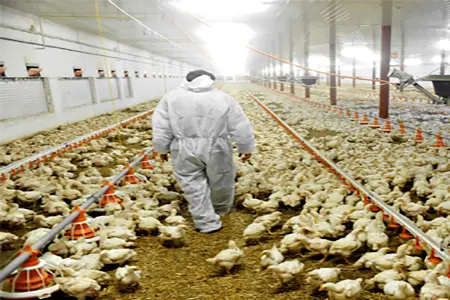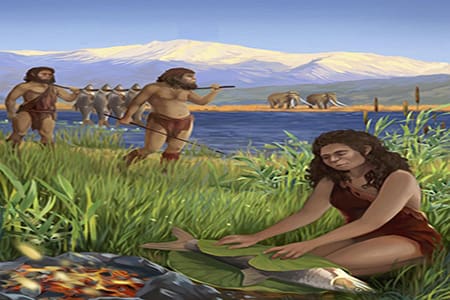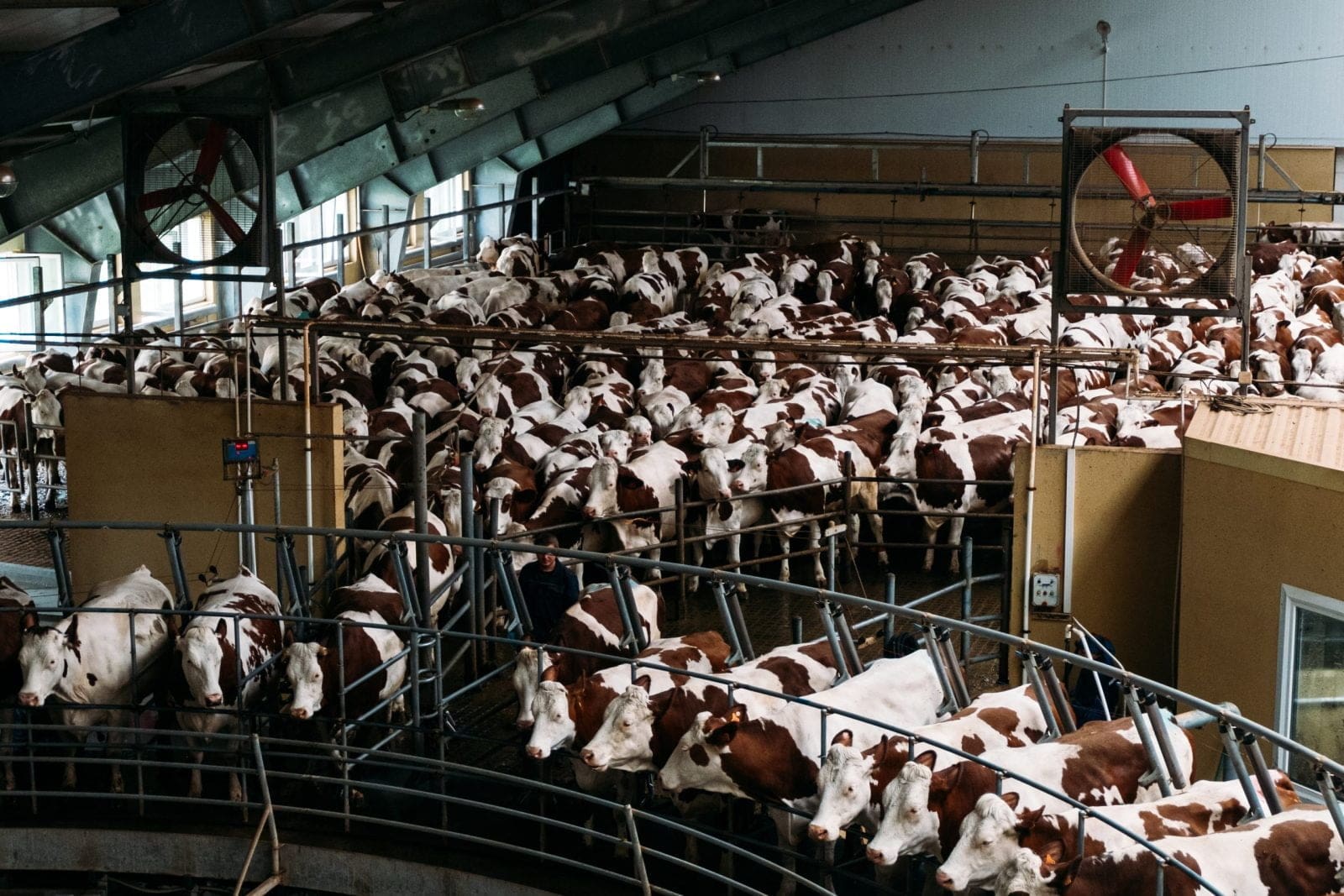Cultural perspectives shape how societies perceive and treat animals—whether as companions, sacred beings, resources, or commodities. These views are deeply rooted in tradition, religion, and regional identity, influencing everything from dietary customs to rituals and laws. In this section, we explore the powerful role culture plays in justifying animal use, but also how cultural narratives can evolve toward compassion and respect.
From the glorification of meat consumption in certain regions to reverence for animals in others, culture is not a fixed framework—it is fluid and constantly reshaped by awareness and values. Practices once considered normal, such as animal sacrifice, factory farming, or the use of animals in entertainment, are increasingly questioned as societies confront the ethical and ecological consequences. Cultural evolution has always played a central role in challenging oppression, and the same applies to our treatment of animals.
By highlighting voices from diverse communities and traditions, we seek to broaden the conversation beyond dominant narratives. Culture can be a tool for preservation—but also for transformation. When we critically engage with our customs and stories, we open the door to a world where empathy becomes central to our shared identity. This section encourages respectful dialogue, reflection, and the reimagining of traditions in ways that honor both heritage and life.
Veganism is redefining the way we approach food, ethics, and sustainability, breaking through political and cultural barriers to inspire global change. More than a lifestyle choice, it embodies compassion for animals, care for the environment, and a commitment to personal well-being. As its influence spreads across continents and ideologies, veganism is proving that shared values can unite diverse communities in addressing critical issues like climate change, health crises, and animal welfare. This article examines how this growing movement transcends boundaries to promote dialogue, inclusivity, and impactful solutions for a better world

























































